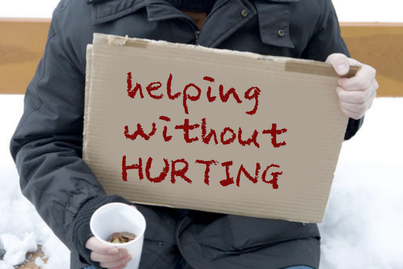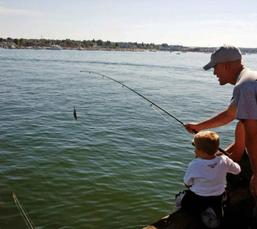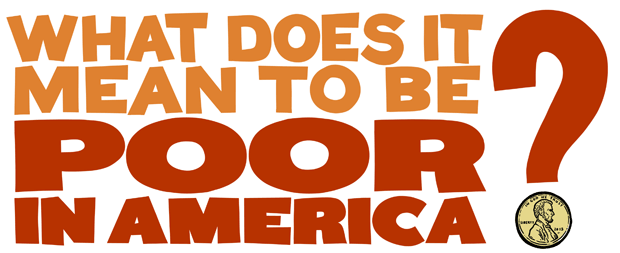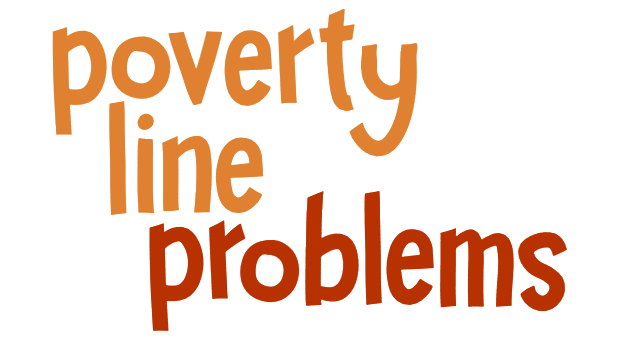|
HELPING WITHOUT HURTING: WEEK 5
Controlling the LakeAs the old proverb goes, Give a man a fish and you feed him for a day; teach a man to fish and you feed him for a lifetime. This is a good insight, but who owns the lake?
Addressing poverty also requires us to look at structural problems. The global economy and American society is stacked against those who have less. How can we ensure that our societies provide a "preferential option for the poor," as our faith calls for? |
The Lake's PotentialBut what happens when the fish disappear from the lake due to pollution and overfishing? Robert D. Lupton
Toxic Charity: How Churches and Charities Hurt Those They Help (And How to Reverse it) |
Pope Francis on poverty
In The Joy of the Gospel, Pope Francis addresses poverty at length. Here are some quotations from it:
Each individual Christian and every community is called to be an instrument of God for the liberation and promotion of the poor, and for enabling them to be fully part of society.... A lack of solidarity towards his or her needs will directly affect our relationship with God. [187] [I]t means working to eliminate the structural causes of poverty and to promote the integral development of the poor, as well as small daily acts of solidarity in meeting the real needs which we encounter. [188] [Solidarity] refers to more than a few sporadic acts of generosity. Changing structures without generating new convictions and attitudes will only ensure that those same structures will become, sooner or later, corrupt, oppressive and ineffectual. [189] |
|
Two Infographics on Poverty from KQED
Wealth Inequality in America
9 Out Of 10 Americans Are Completely Wrong About This Mind-Blowing Fact





